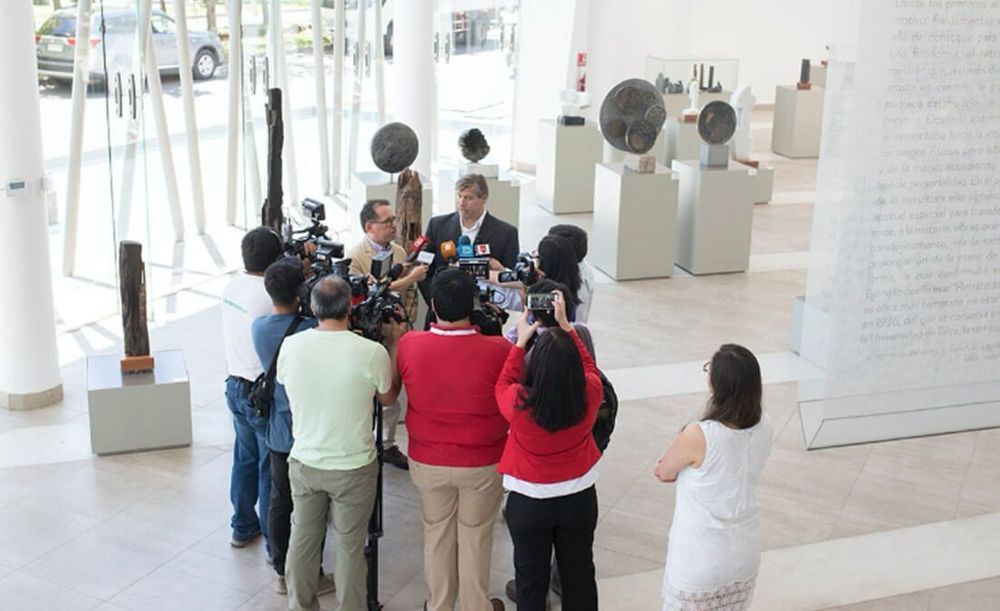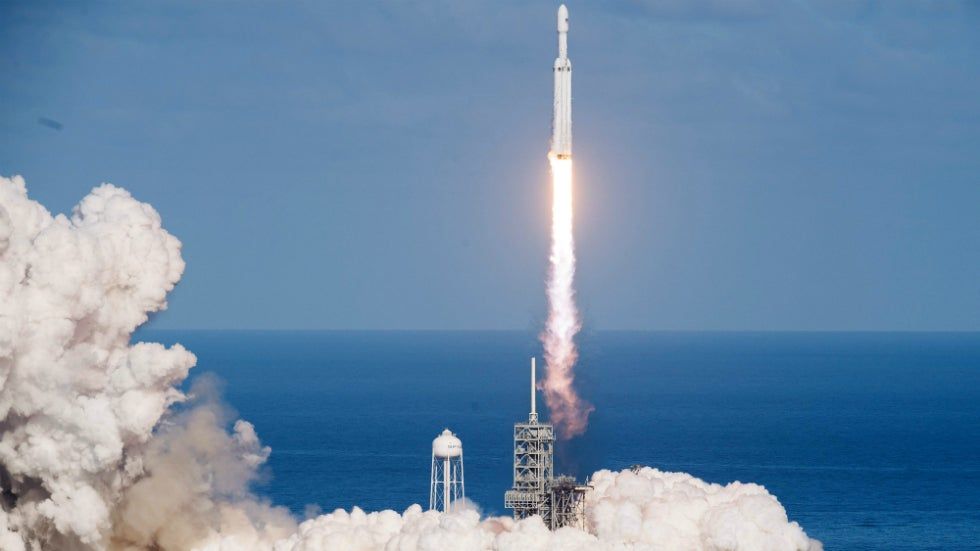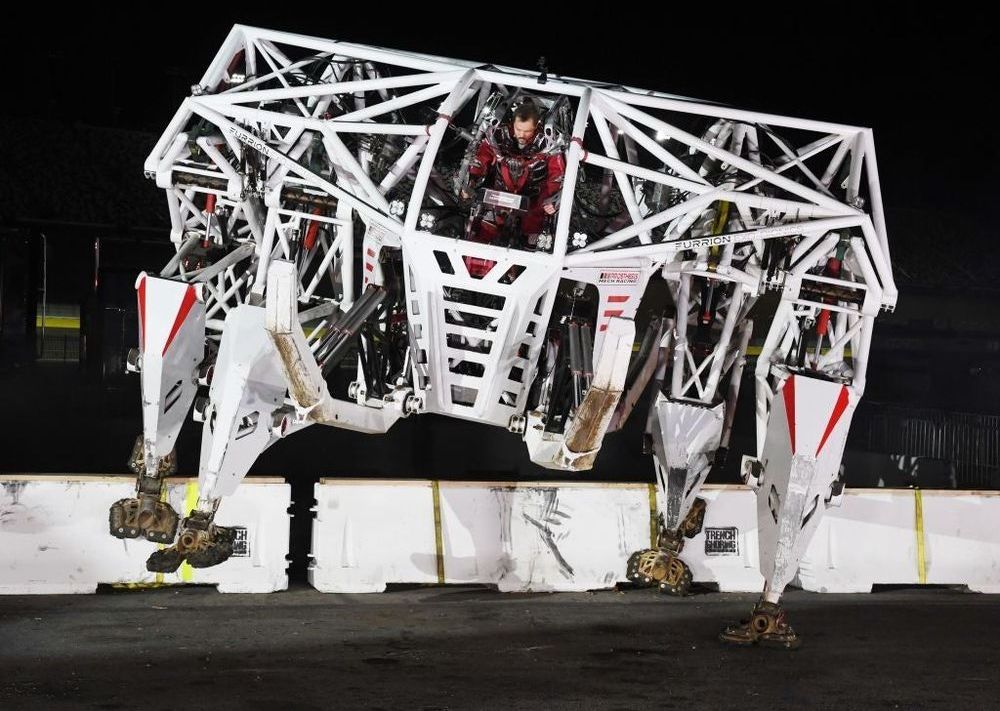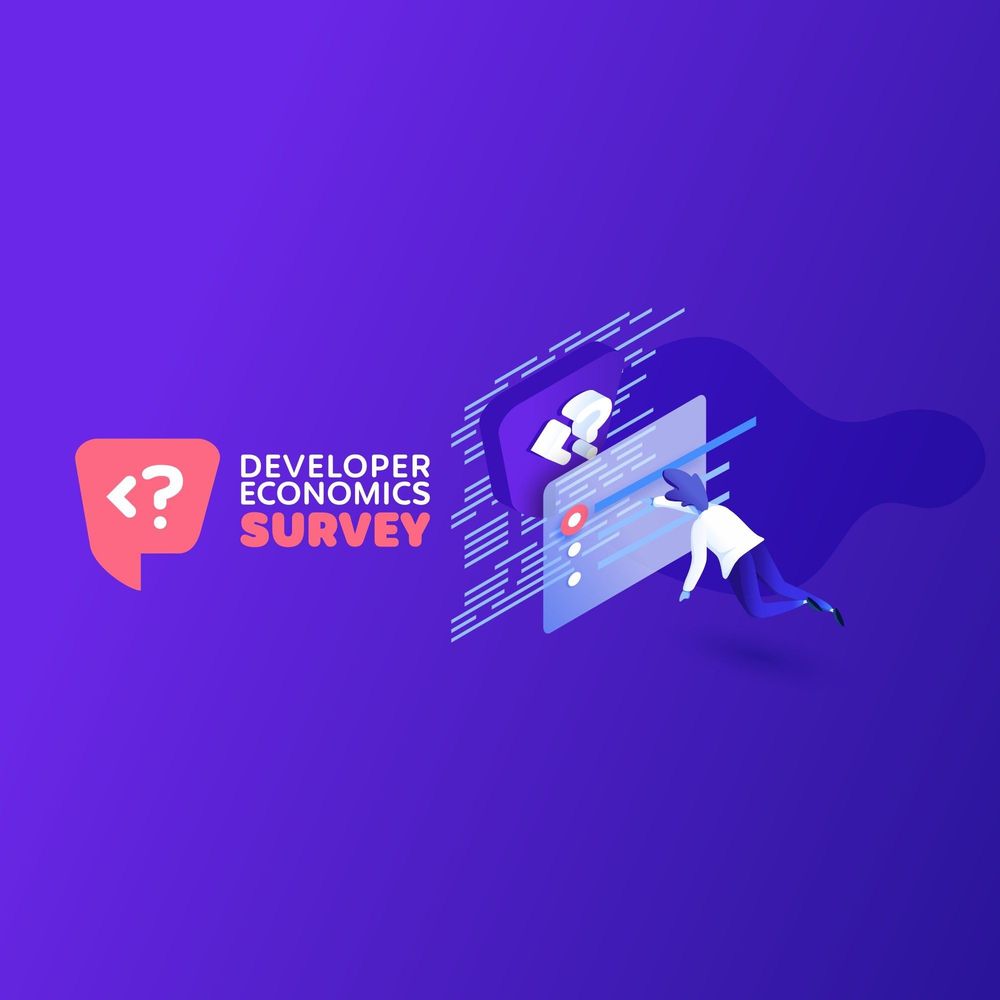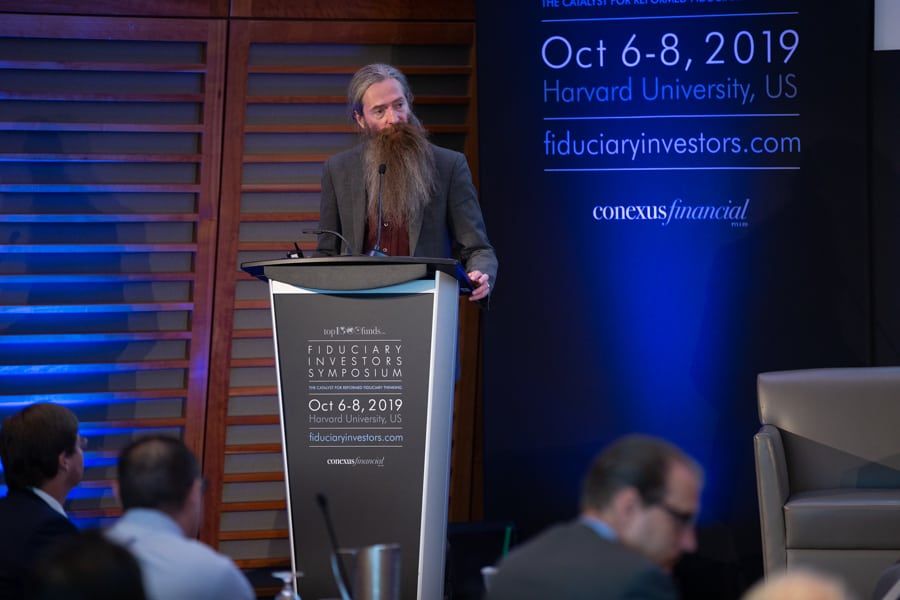Dec 13, 2019
Asia’s roll-out of 5G will bring benefits across the new economy
Posted by Derick Lee in categories: augmented reality, biotech/medical, economics, internet, robotics/AI, virtual reality
While these “moonshots” are still some years away, there are viable applications of 5G in the near term. South Korea launched the world’s first commercial 5G network in April and has seen data transfer rates rise from 50 megabits per second to over 700 Mbps. This enables the delivery of augmented reality, virtual reality and AI-enhanced real-time sports content.
With the arrival of next-generation mobile networks, new services like remote surgery will be suddenly feasible. More immediately, expect a boom in video traffic and augmented reality content.
Continue reading “Asia’s roll-out of 5G will bring benefits across the new economy” »

